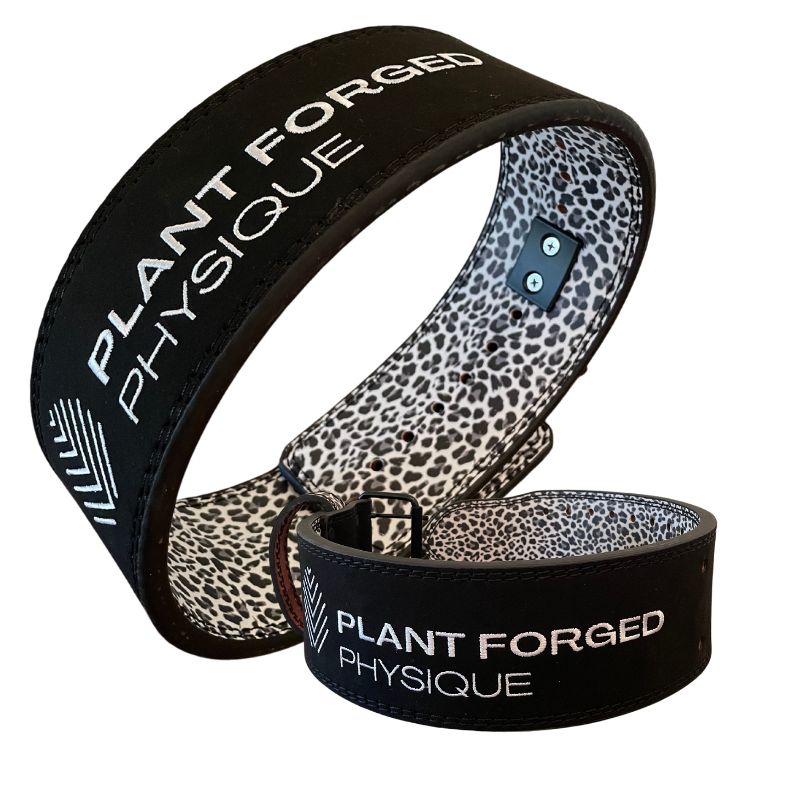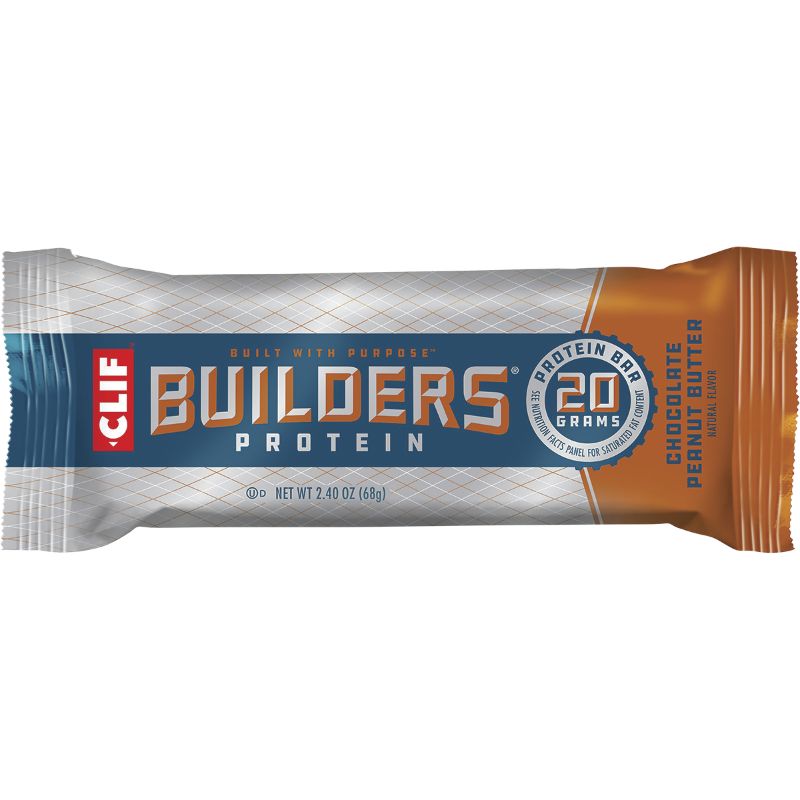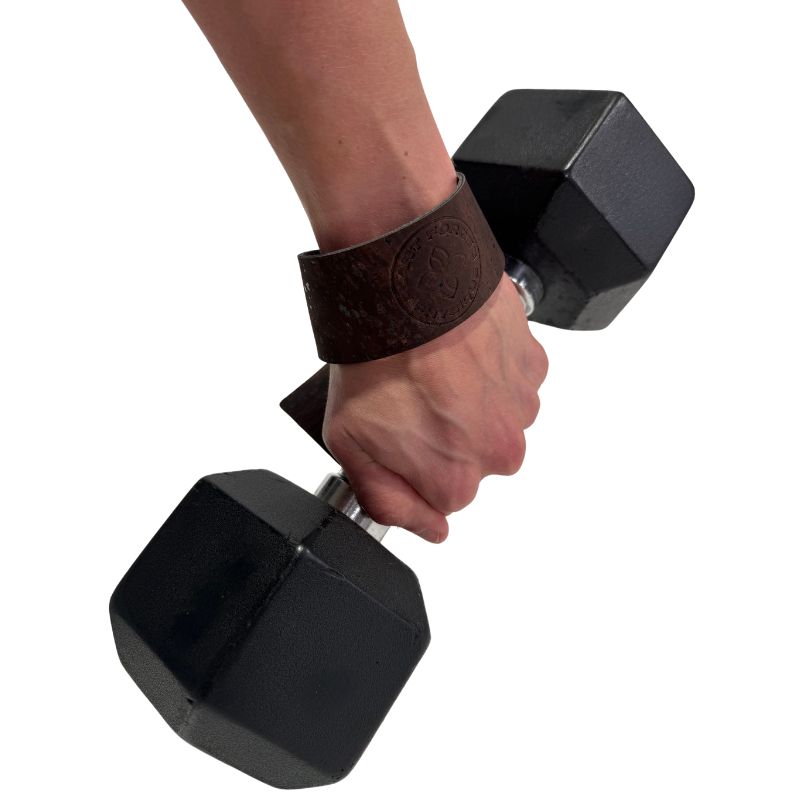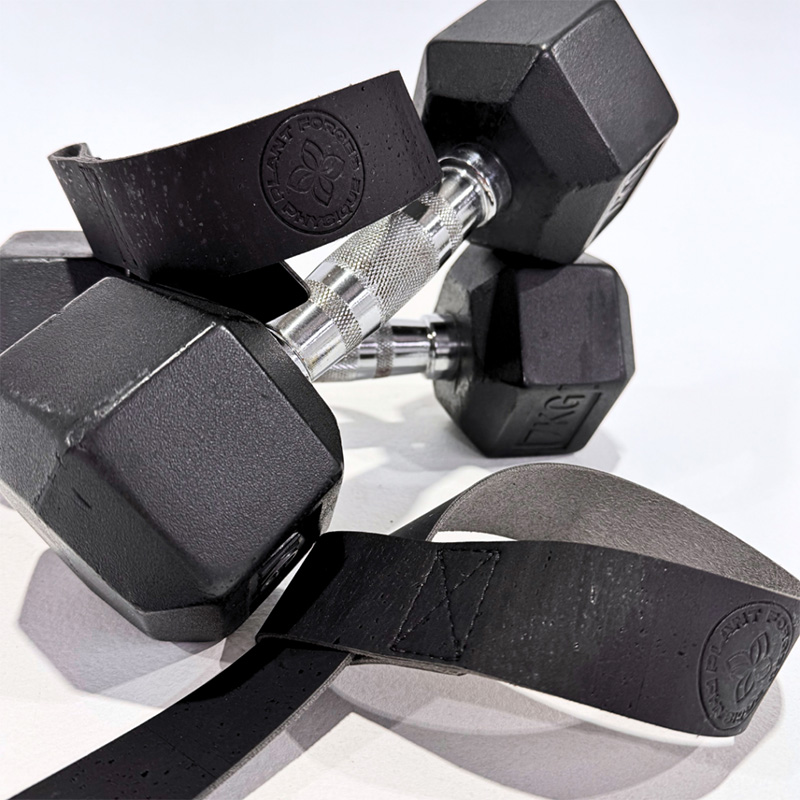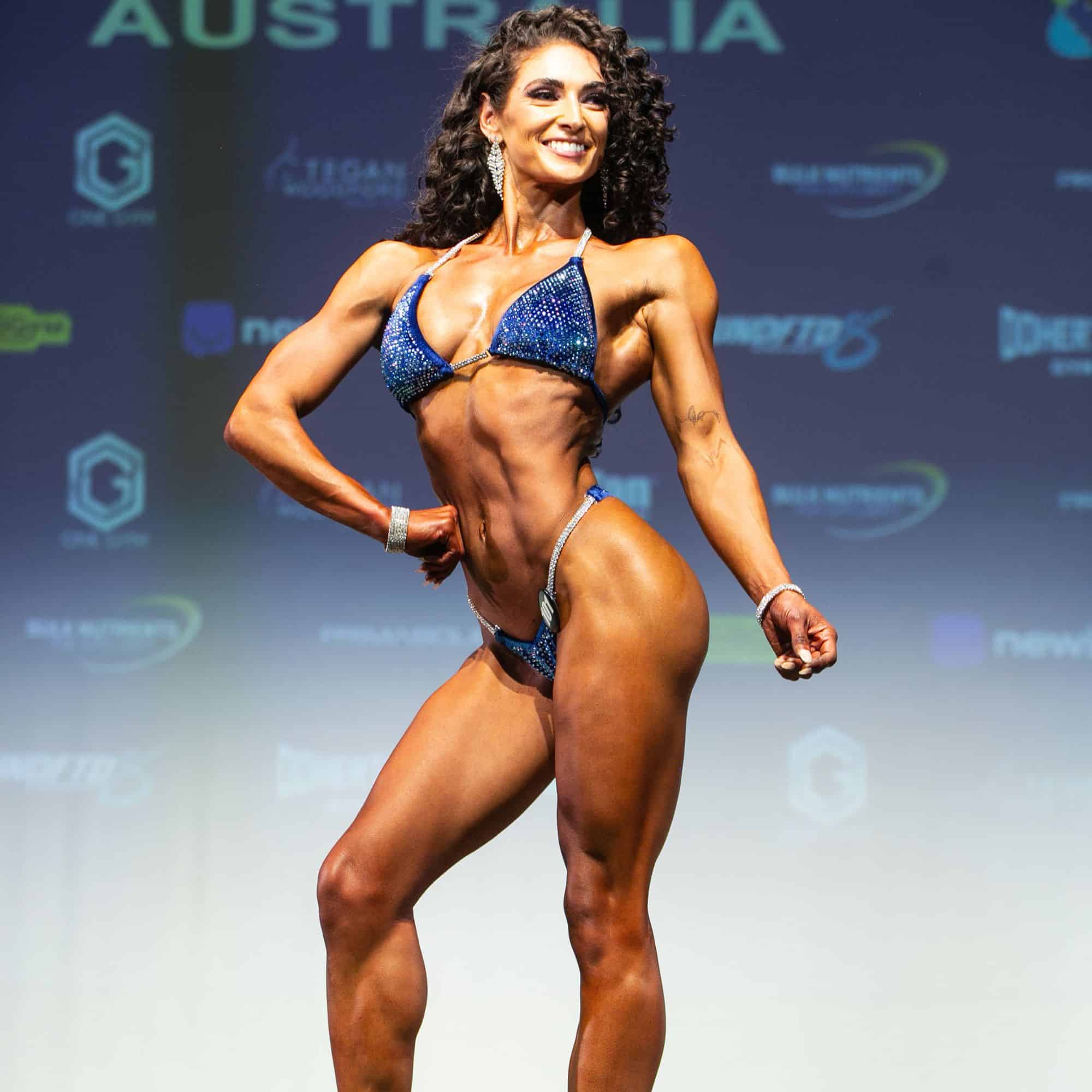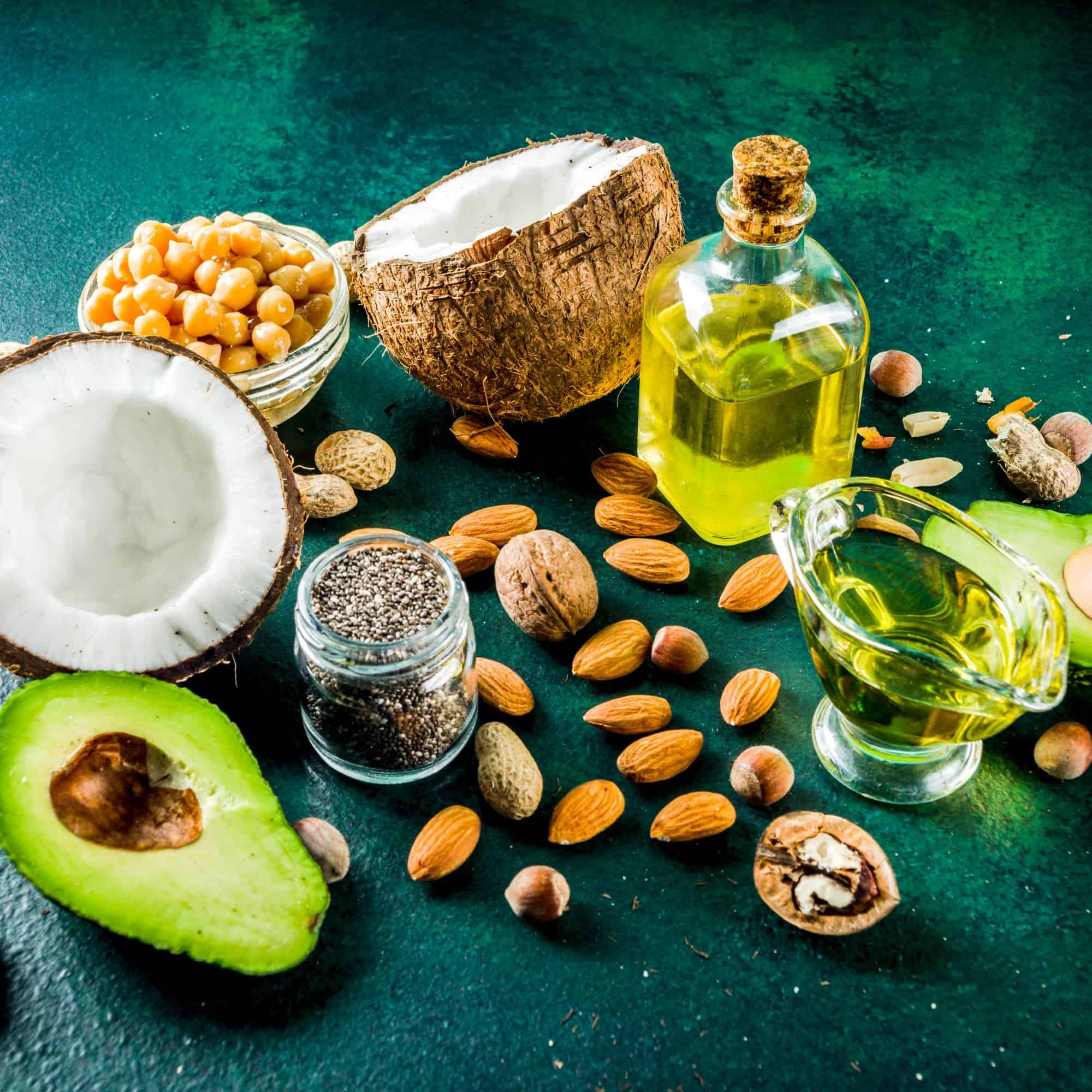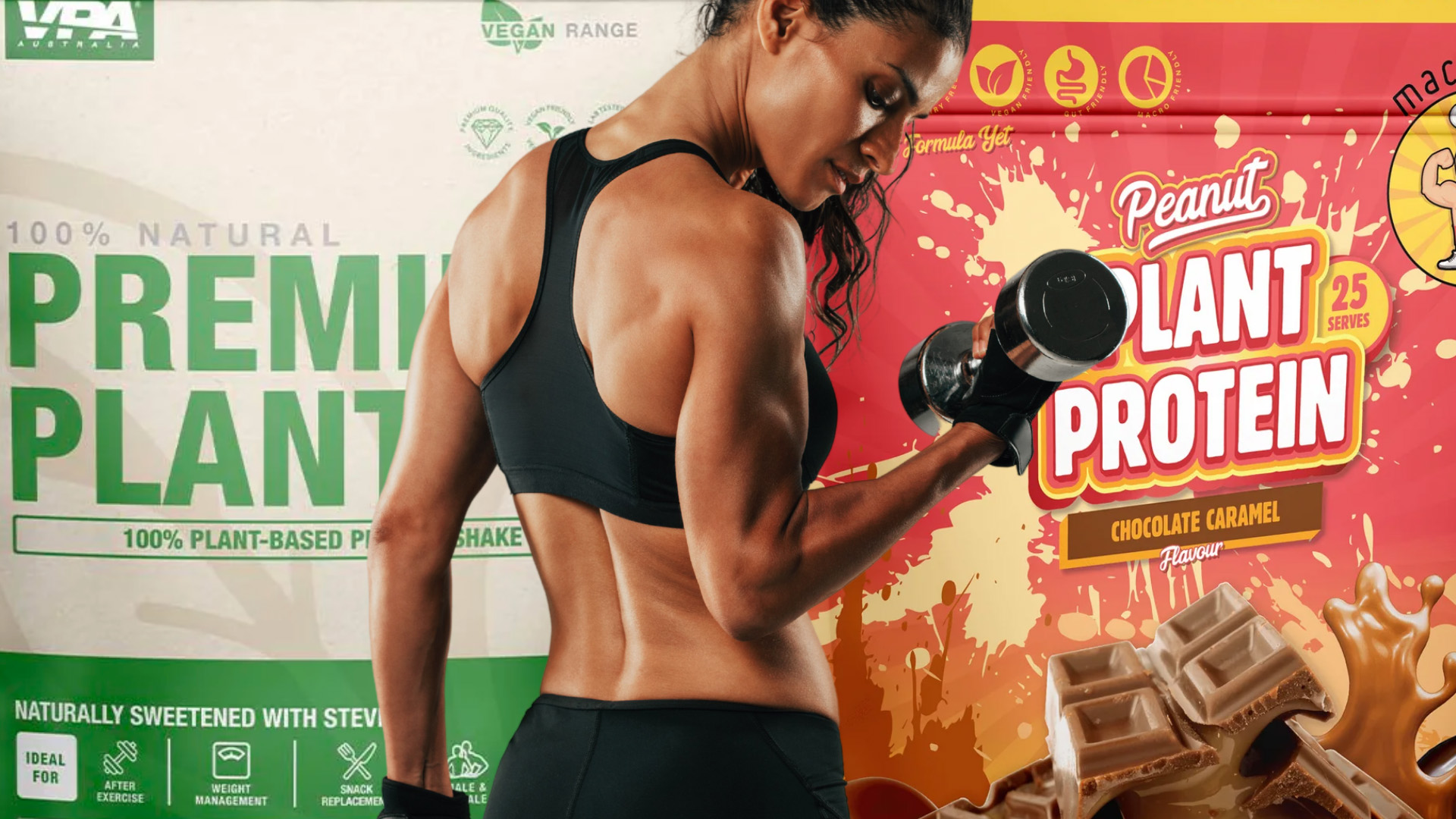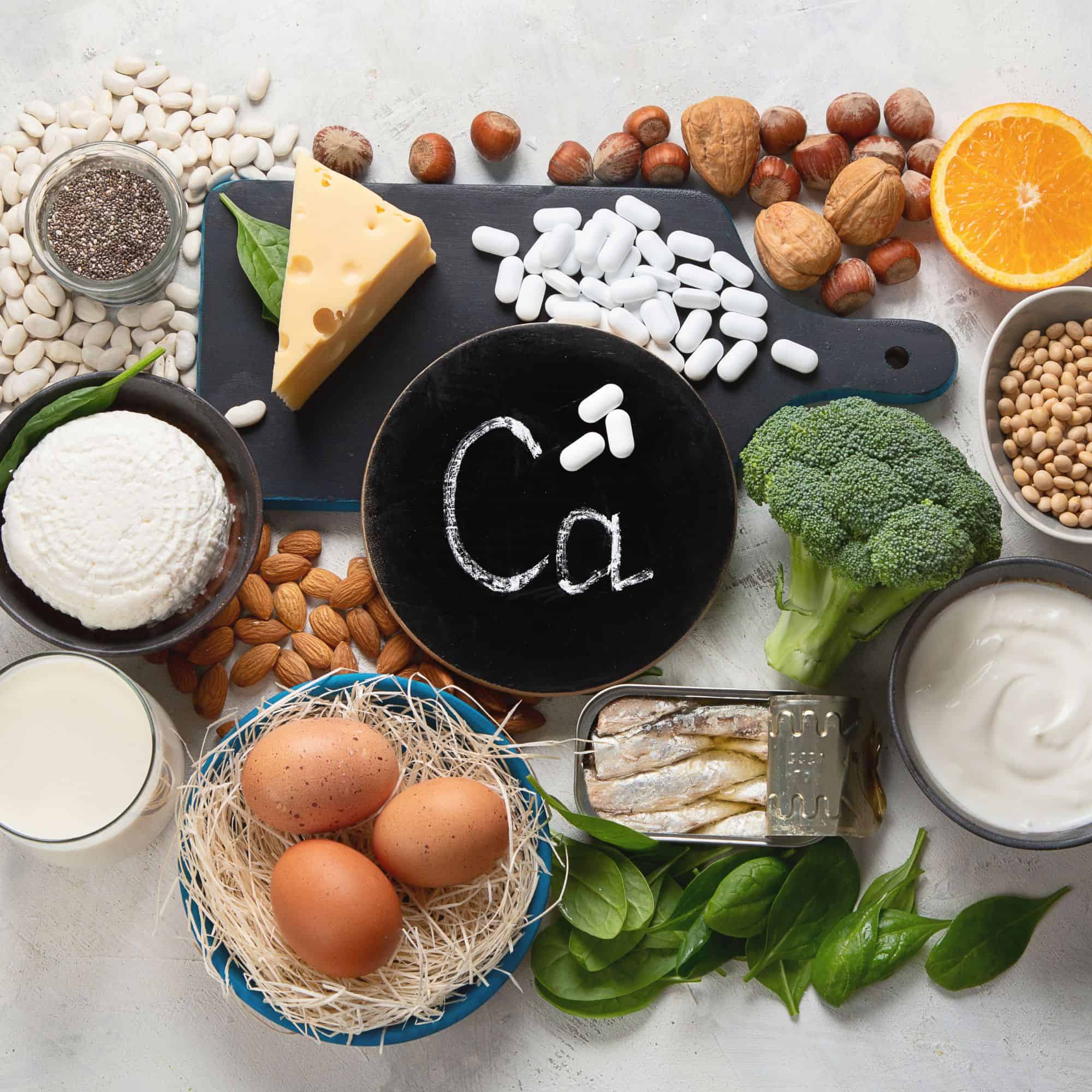
Why vegans shouldn’t use a multi-vitamin

A multi-vitamin isn’t necessarily a micronutrient insurance policy for a plant-based diet
If you’ve been plant-based for a while or transitioning to a vegan diet, it’s crucial to understand the micronutrients you need for optimal health and how to obtain them from a plant-based diet.
You should pay attention to your intake of iron, zinc, calcium, omega-3s, B12, iodine, and vitamin D.
And depending on your individual needs and diet, you may require supplementation to get adequate amounts.
Some individuals may consider taking a multivitamin to meet these micronutrient needs, but it’s not going to be the best option for several reasons.
Irregular Dosing
Dosages of vitamins and minerals are not standardised across products. As a result, some micronutrients are often under-dosed, while others may be consumed in excess. For example, most multivitamins contain only 20-100mg of calcium, which is only 2-8% of the recommended daily intake of 1000mg. Therefore, relying solely on a multivitamin to meet your micronutrient needs might not be reliable.
Competing for Absorption
It is important to note that some multivitamins contain various nutrients that compete for absorption in the small intestine.
Minerals such as calcium, iron, magnesium, and zinc, as well as certain vitamins like vitamin K and vitamin E, are among those that compete for absorption.
Taking them all together – like you would in a multivitamin – reduces the amount of vitamins and minerals absorbed, which reduces the effectiveness of the multivitamin and may not meet the necessary micronutrient needs.
Limited Additional Health Benefits
Research on the impact of multivitamins in preventing heart disease, cancer, and mortality has not found any significant correlation.
In other words, taking multivitamins does not guarantee any additional health benefits or improvements.isn

So what should you do instead?
Taking a multivitamin usually does not cause harm if taken correctly. However, it is important to understand that they may not be as effective as they are advertised to be as a ‘micronutrient insurance policy’.
PRIORITY #1: FOOD FIRST
The primary focus should be on including more micronutrients in your diet through food sources.
By adopting a ‘food-first’ approach, you are more likely to consume a variety of micronutrients, food types, and macronutrients that contribute positively to your overall health.
PRIORITY #2: INDIVIDUAL SUPPLEMENTS
For key vitamins and minerals (such as iron, zinc, calcium, omega-3s, B12, iodine and vitamin D for vegans) – and cannot meet these through food alone – it’s going to be more effective to supplement with the appropriate dosages of individual micronutrients, rather than taking a multi-vitamin.
If you follow a vegan diet and want to ensure you’re getting enough micronutrients, it’s crucial to evaluate whether you may be deficient or at risk of a nutrient deficiency.
The most effective method to determine your nutrient status is to consult your doctor and undergo a blood test. Afterwards, you can collaborate with a dietitian or nutritionist to guarantee sufficient micronutrient consumption in the future.
KEY TAKEAWAYS
Vegans should pay attention to their consumption of iron, zinc, calcium, omega-3s, B12, iodine and vitamin D.
Some multivitamins may have micronutrients that are under-dosed. Others can contain high levels of micronutrients which might be consumed in excess.
Many multivitamins contain several micronutrients which compete for absorption, reducing the total amount absorbed by the body, making them an ineffective solution
What to do instead
- Use the ‘food-first’ approach to incorporate a wide variety of micronutrients in your diet.
- If you need to supplement, take individual micronutrient supplements – such as an individual calcium or omega-3 supplement
- Consult a medical practitioner, dietitian or nutritionist to assess your nutrient levels before starting supplementation

shop
Green Nutritionals Omega 3 Vegan Capsules
$30.99 – $72.99
Support your plant-based lifestyle with omega-3 DHA/EPA for health, recovery and performance improvements. All the benefits, without the fish.
shop
Green Nutritionals Calcium Vegan Capsules
$26.99 – $72.99
Promote strong bones and healthy muscles with plant-derived calcium. Support your plant-based diet and vegan health naturally

